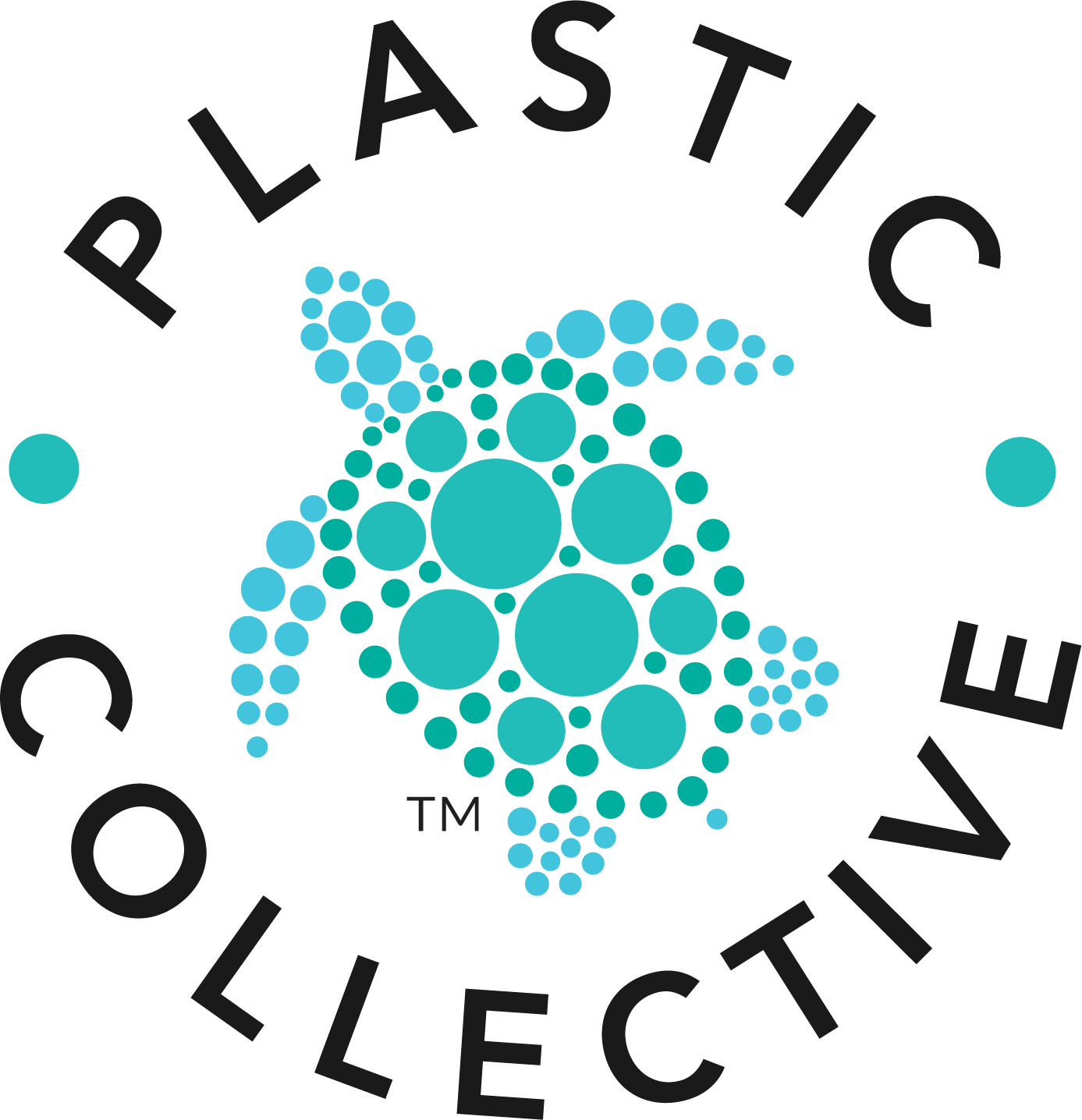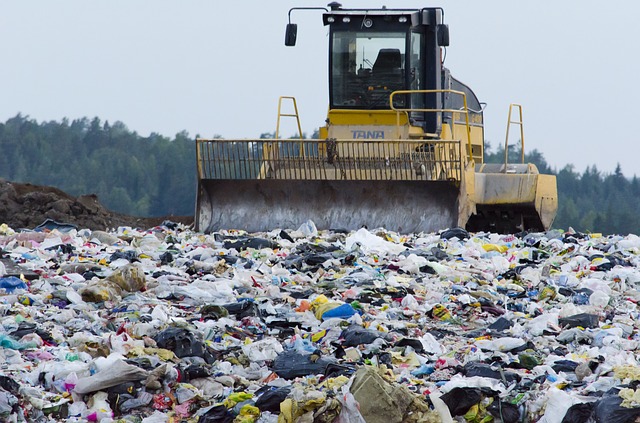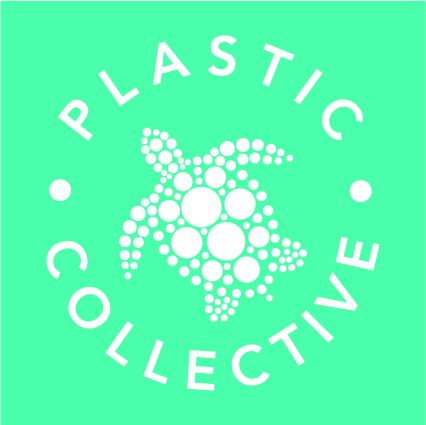The OECD’s latest report on plastic pollution is not exactly ‘beach read’ material. It projects that plastic leakage into the environment will double to 44 million tonnes a year by 2060, while the build-up of plastics in aquatic environments will more than triple, exacerbating environmental and health impacts. And then there’s the carbon footprint of plastic from plastic production, transport, consumption and environmental leakage (currently contributing around 15% of total emissions) – greenhouse gas emissions from the plastics lifecycle are projected to more than double by 2060. Plastic pollution is a transboundary crisis that will get worse. Given that current regulatory responses are fragmented, uncoordinated across countries and yet to demonstrate impact, the case for coordinated international action and a global solution through a legally binding instrument is strong.
At UNEA-5.2 in Nairobi, the recently adopted UN resolution “End plastic pollution: towards an international legally binding instrument” is an historical step in this direction. So far, 193 UN member states have agreed to negotiate a global plastic treaty by November 2024 that will address the full life cycle of plastic, including single-use plastics and microplastics.
The global agreement will likely be analogous in structure and intent to the Paris Agreement (and supplementary Glasgow Climate Pact) to limit climate change, with national action plans forming the cornerstone of an overarching plastic pollution mitigation target with accompanying reporting and compliance measures. These latter measures, combined with ‘peer pressure’ and sheer will, are crucial to treaty effectiveness – its “legally binding” nature in practice has few legal teeth given there is no international environmental court or governing body ready to enforce compliance of a binding agreement.
It is anticipated that developing countries in Africa and Asia-Pacific and elsewhere – where waste management infrastructure is minimal and plastic leakage into waterways and oceans is extreme – will be proactive parties in these treaty negotiations. The treaty will include arrangements for capacity-building, technology transfer, and financial and technical assistance via a multilateral fund. Mechanisms for incorporating the best available science, traditional, local and indigenous knowledge will also be negotiated to help reduce the impact of plastic across its entire life cycle.
Finally, as a part of the negotiation process, in the new treaty there will likely be a market mechanism initiative to support the voluntary trade of verified plastic credits which represent a specific unit of plastic collected and / or recycled by one party and purchased by another to offset against their plastic mitigation target. This recognises the important role that markets can play in addressing global problems. The Clean Development Mechanism established under the Paris Agreement in 2006 has created a global market for carbon credits with a turnover of 229 billion euros per annum and double-digit growth forecast by 2030.
The nascent market for certified plastic credits is being facilitated by the Verra Plastic Waste Reduction Standard, the Zero Plastic Oceans Ocean Bound Certification Programme and their associated trading registries.
Plastic Collective is working hard with organisations and the private sector around the world to certify their plastic waste management projects under these rigorous standards so that they may generate and trade credits, using the revenues to further scale their mitigation work. Often this work is conducted by waste picker communities in remote areas with minimal plastic waste processing and transport infrastructure. Credit revenue enables supply chains to be built and waste pickers to be paid a living wage.
The use of verified plastic credits by both companies and consumers to offset their plastic footprints as part of their broader mitigation strategies has enormous potential to address the plastic crisis and reinforce the actions of similarly committed parties at a global level via the global plastic treaty. Now that is good news.
Find out more about Plastic Collective and get latest news and info about Plastic recycling, microplastics, clean energy and the effects of climate change, by subscribing to the Plastic Collective newsletter.


